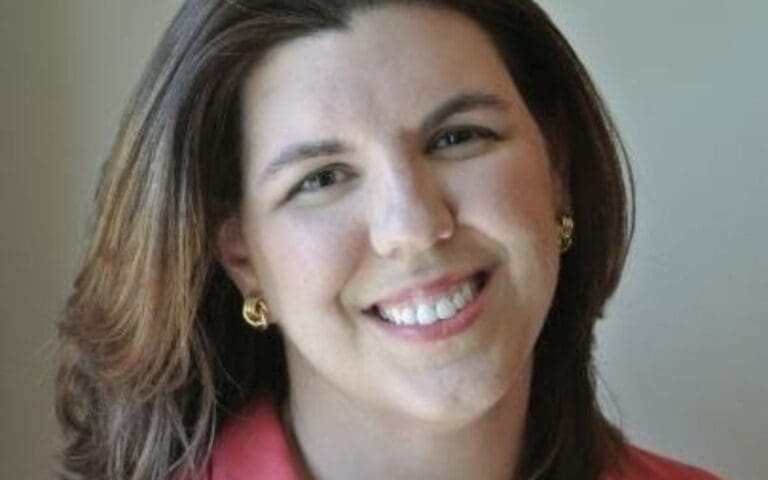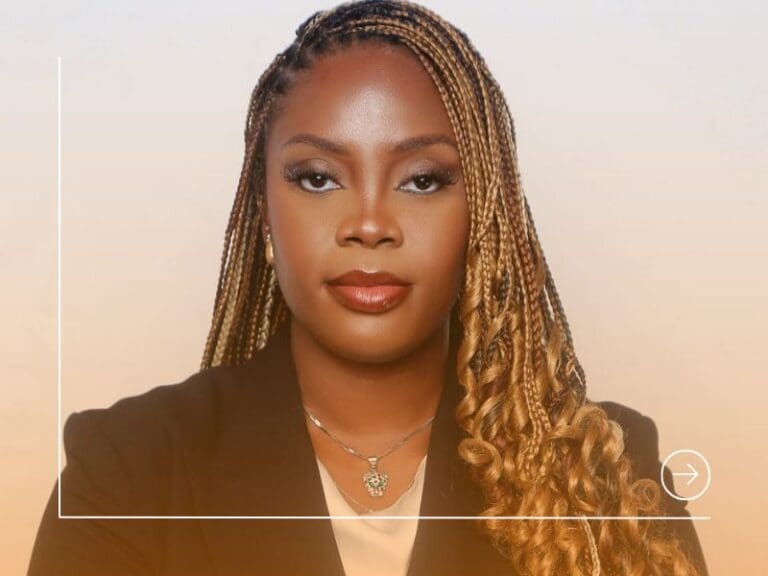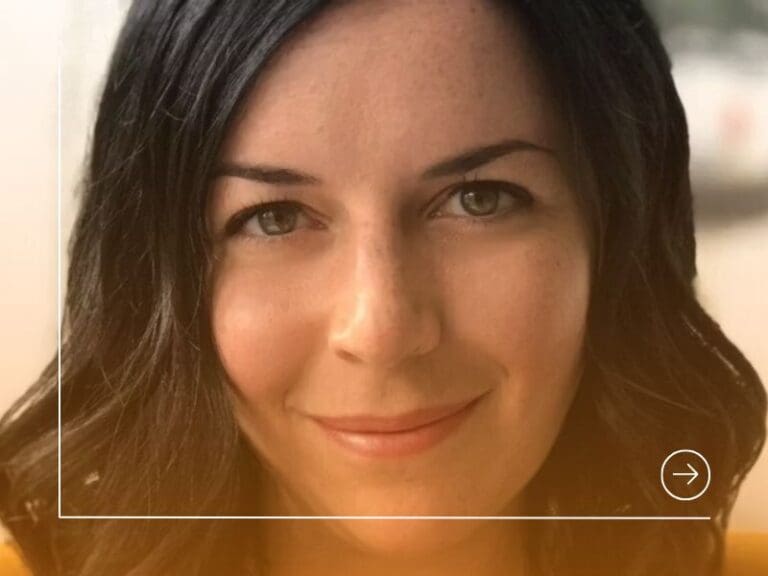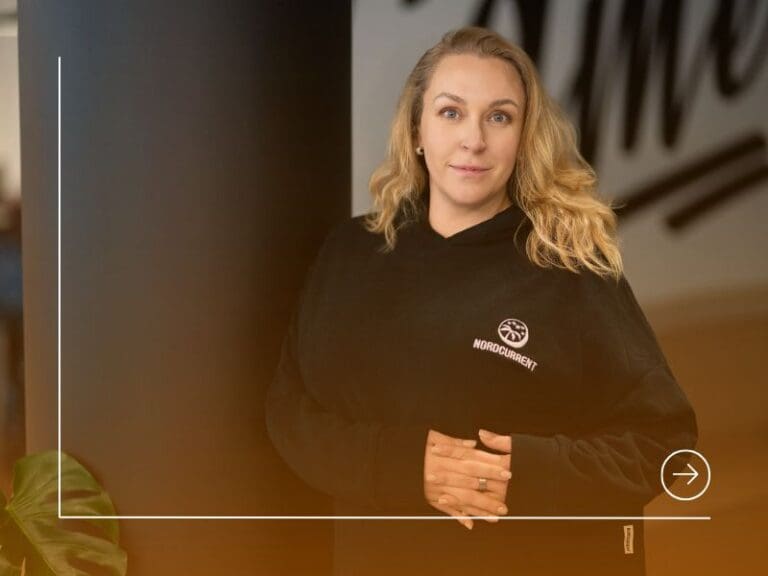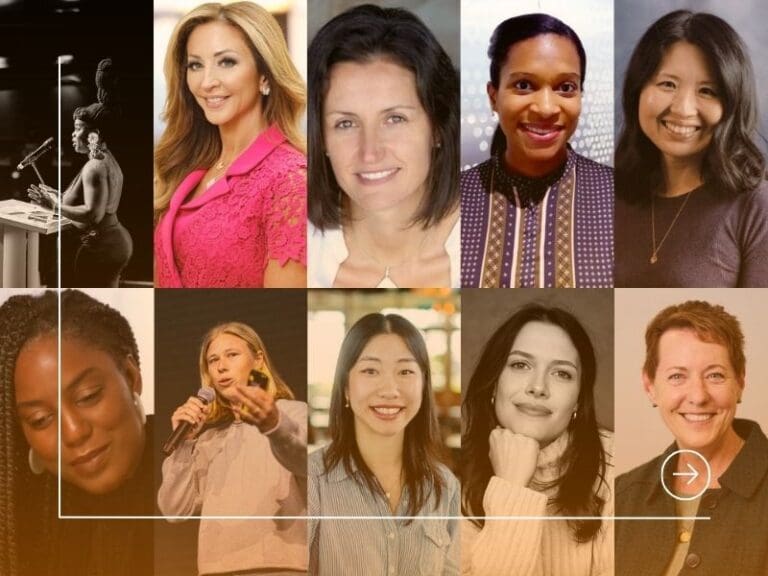Paula Thrasher leads platform engineering at PagerDuty, which includes their site reliability and shared services that power their product.
Paula has built digital transformations that address complex challenges around compliance, security, and physical safety. She has a track record leading major digital transformations in Defence, Aerospace and manufacturing, was named the DevOps Dozen – Best DevOps Transformation Leader in 2017 and has published papers on various DevOps and digital transformation topics.

How did you land your current role? Was it planned?
It was a happy accident that I even ended up talking to PagerDuty – I did not plan on being here. I had just left a role with United Technologies (now RTX) leading digital transformation, and was looking for roles at very, very large enterprises in the Federal and manufacturing sectors when PagerDuty reached out. I knew and loved the product and had brought it into prior enterprise roles as part of transforming operations at those large companies.
I was intrigued when PagerDuty offered me the opportunity to join the product leadership team. I spent most of my career working on mission critical, high availability systems and operations. It’s a great fit to be leading an engineering group that is itself managing a highly reliable system while also building a tool to revolutionise operations for organisations around the globe. I appreciate that I made a customer-to-employee transition, which has been a great perspective.
I have been here three and a half years, so you could say that some of the best opportunities come when you consider something different than what you expected the next step in your career would be.
What are the key roles in your field of work, and why did you choose your current expertise?
If there are two themes to my career path, I’d say it’s both in transformation and innovation in ways of working, and also in high impact, high availability, web-scale resilient systems. I feel like the word ‘choosing’ regarding my current expertise might put too neat a box around how I built up expertise over time. A better way to frame it is that as I continued to grow and challenge myself in my career, I leaned into areas that matched my skills. I have a natural bomb-proof nature that works well in high stress operations.
Past technical roles included everything from support, networking, data science and general web programming. Somehow those all manage to mesh together through a series of career pivots that lead to my current expertise.
One myth I always like to bust is that to become an expert you should do the same thing for a long period of time. Actually, my expertise has been built up by doing a few different things and those together build a great background for the role I have now.
There are not as many women in site reliability, networking and infrastructure as in other areas of engineering. Why do you think that is and how can we change it?
Infrastructure, site reliability, networking and databases are all different from a lot of typical software development roles in one common way – the skills and techniques that are used in these areas are rarely taught at traditional four-year universities. Many people in the infrastructure world came from non-traditional backgrounds into IT, studied at two-year colleges, or apprenticed while in different roles to gain their skills.
Employees who manage data centres or install networking, these are jobs that were historically marketed to traditionally male candidates. (under the justification of the job being ‘physically demanding’) So you have a historic added bias in the field. That said, the weakness is also the opportunity for women in tech – because there is a wide availability of certificates and alternative training paths, it’s also a great way to enter the tech industry without a four-year degree or with technical degree outside a computer science or information systems background. We have multiple team members who started in customer service, and also those who came through two-year degree programmes and bootcamps like Hackerbright, and they are actually better prepared for the role than someone with a traditional graduate with a B.S. from a traditional computer science programme. I’ll give a pitch here that the great thing about what we do is we help other engineers be wildly successful at what they do, so it’s very altruistic work, and also highly collaborative. We could do better to brand what a great area in tech this is for women.
Did you (or do you) have a role model in tech or business in general?
I was blessed with some great mentors and role models – I can think of three that really shaped me.
One of my early bosses, Jim Forrest, was a great mentor and advocate for me, and is also responsible for my love of sticky notes! He used to carry them in his pocket at all times. I learned a lot about lean software ideas from him, and truly strategic leadership vs managing. Jim was a great sounding board for many of my early career moves.
A second amazing mentor was Dottie Cleal. She was one of the first female commanding officers in the Navy and had also worked for the White House. Talk about some high-pressure leadership environments! She was the epitome of radical candour. I really learned the human side of leadership from Dottie. It was always great to have a sounding board of someone who was very used to being the only woman in the room, and yet navigate that with such grace.
Last, I have to mention Mike Yocom. I spent a good 15 years of my career working for Mike in one way or another. I have countless leadership lessons I learned from Mike, but he was especially helpful in helping me build the business side of my leadership skills and figure out how to mesh that with engineering expertise. I certainly have many people I admire from a distance, but those were some of the leaders whose leadership I got to learn from in a hands-on way.
What are you most proud of in your career, so far?
Sometimes you need some distance to really reflect on what you are most proud of. I’m most proud of the work my team did 10 years ago at US CIS (US Citizen and Immigration Service) transforming how we worked across our legacy applications. We led a phenomenal DevOps technical transformation in bringing legacy systems into the cloud, delivering 800x faster, and leading an organisational change in how we worked that had a lasting benefit to the agency well after I left, and was an influence on others in industry. That last part always matters to me – after I leave, did the benefit and the transformation stick?
Our team here at PagerDuty has done some phenomenal platform work recently that has modernised our systems and increased our reliability, scalability, and improved the developer experience. I still feel in the middle of that transformation, but I’m also pretty sure if you find me five years from now, it will hopefully be my new proudest career accomplishment.
What does an average workday look like for you?
I try to start my week every Monday with focus time and planning: How do I need to spend my time and what are my priorities for the week? I try to do about 20% of my time in 1:1 with my direct leaders (mixed in with skip levels), then I’m often doing lots of alignment, planning or working meetings on whatever we’re working on at the moment. I jokingly but seriously used to have meetings on my calendar named people talk, money talk, ops talk – a little tongue in cheek but that’s a typical week leading the various parts of an engineering organisation.
I often remind my leaders it is not our job to do the work – we’re here to create the system where the work happens with the right conditions for success. There is a lot of checking in with other leaders on my team and our partners on how all of these areas are going and what I need to do to help them succeed… Which is probably just a fancy way of saying, I go to a lot of meetings.
Are there any specific skills or traits that you notice companies look for when you’re searching for roles in your field?
I always love the concept that Joel Spolsky coined in “Smart and Gets Things Done”. I don’t know any better way to frame what is essential in tech. Smart means technical skills and also the ability to learn. Technology trends are so ephemeral you have to always be learning. I think most hiring managers are looking for that ‘get ‘er done’ skill too – smart people who can’t deliver are wasted brainpower.
Has anyone ever tried to stop you from learning and developing in your professional life, or have you found the tech sector supportive?
Sadly, I have many, many stories of ignorance, discrimination, and harassment as a woman in tech. That said, I can also look to the many leaders and mentors who put my name forward, challenged me, sponsored me, and encouraged me. The negative parts are definitely not the majority of my experience though, so I don’t fixate on that. It also probably helps that I’m a bit stubborn.
Have you ever faced insecurities and anxieties during your career, and how did you overcome them?
I absolutely do. I still have insecurities and anxieties – imposter syndrome is real. Something once told me the opposite of imposter syndrome and insecurity is narcissism, which is clearly worse! So, I try to balance doubt and insecurity with a little bit of growth mindset. If I’m not sure, I can always try. And even things I think I already do well I can do better. I can also count on my husband, who hears me all the time when I am in my own head about something, to give me a needed kick in the pants. I guess you can say my strategy is I don’t really try to erase the insecurity, I just try to channel it into something useful.
Entering the world of work can be daunting. Do you have any words of advice for anyone feeling overwhelmed?
Often, we have a myth of ‘you should have this five-year or ten-year plan’ and ‘you have it totally figured out and anything else is failure’. Or that you somehow ‘pay your dues’ then some magical next rung on the career ladder materialises in front of you. I think it’s better and healthier to think of a career as something that evolves over time, with a series of little challenges and growth that will have both triumphs and failures. To quote Bob Ross: ‘There are no mistakes, only happy accidents’.
What advice would you give other women wanting to reach their career goals in technology?
Don’t be afraid to go deep – you will rarely regret building up expertise in an area. But also, don’t sell your own expertise short. Also, don’t be afraid to pivot and try something you are not already an expert in – sometimes the stretch assignments are the best and most interesting projects. Last, don’t forget the humans in tech. Technology is built and (usually) used by humans. Good technologists are also good at people. Sometimes women can be dismissed as being too social, but I actually think that’s a superpower in tech, not a liability.


